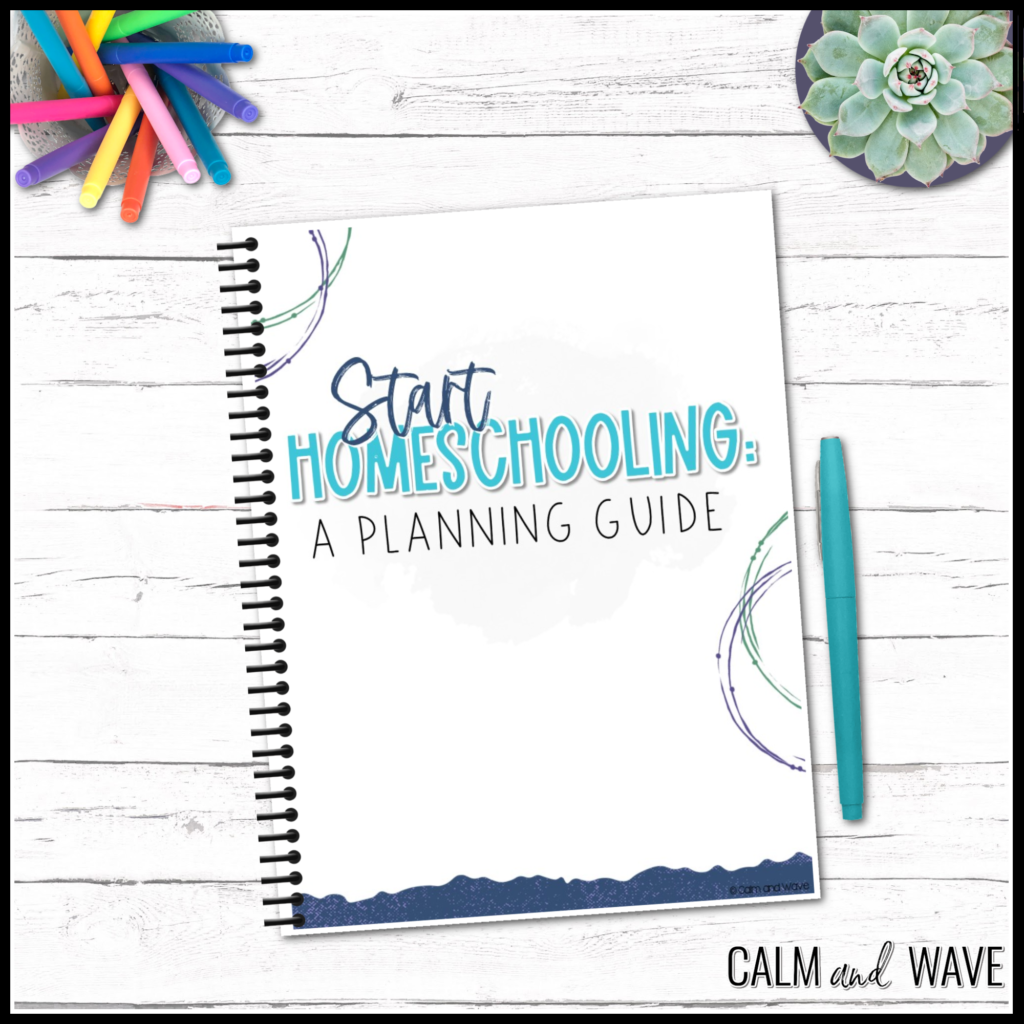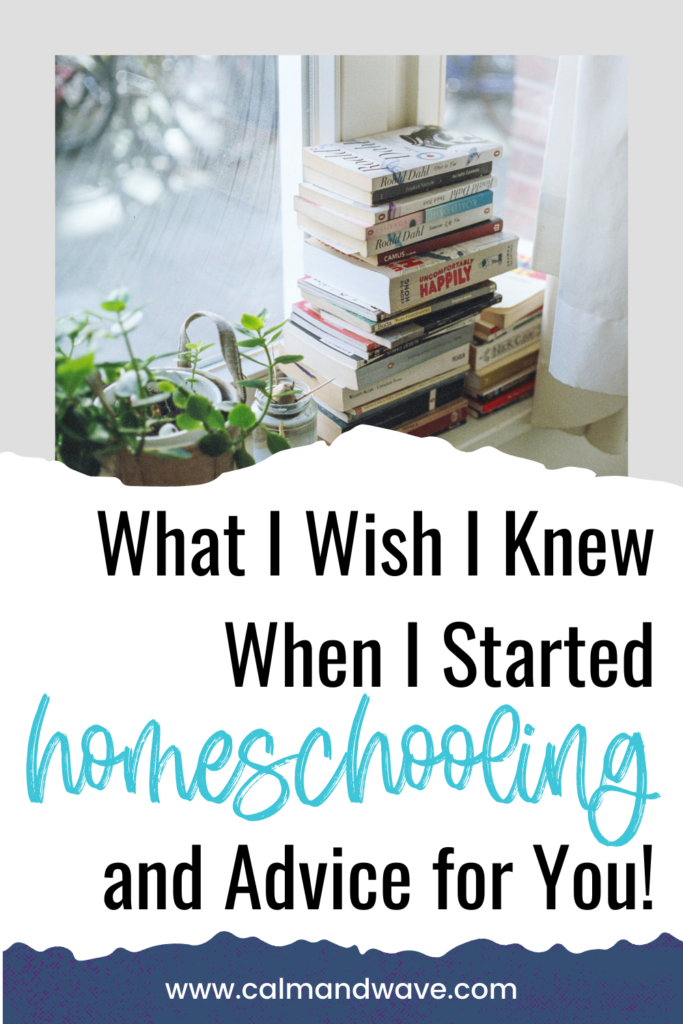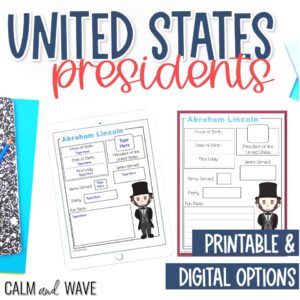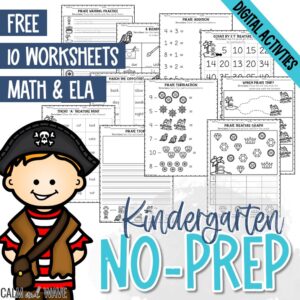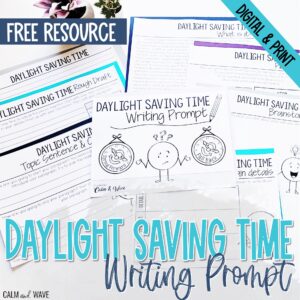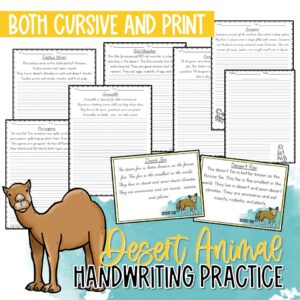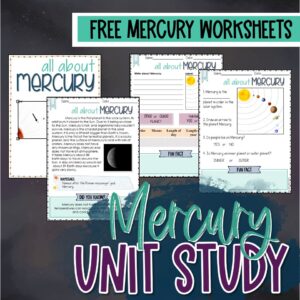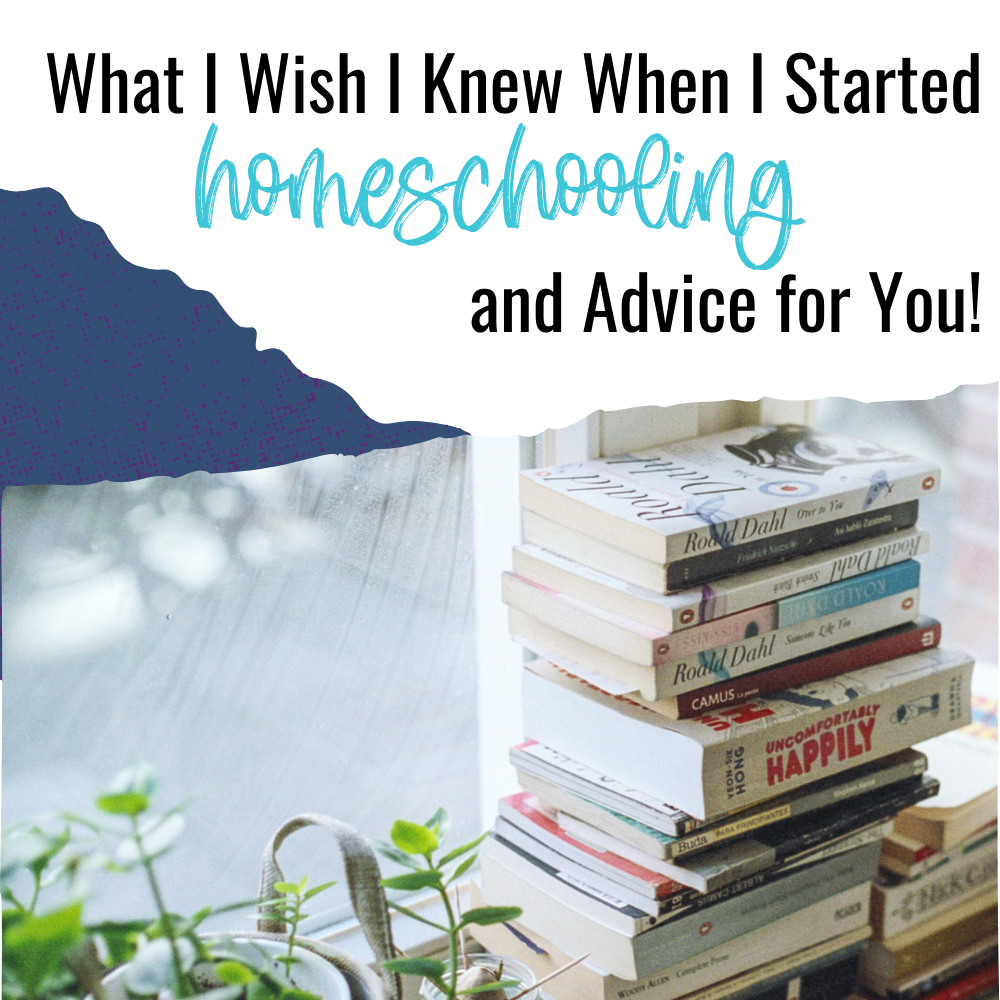
If you are considering homeschooling your children, then you may be wondering what to expect. It can be challenging to know what is the right decision for your family, and it is important to make sure that you have all the information before making a decision. In this blog post, we will discuss what I wish I knew when I started homeschooling, as well as some advice for those of you who are still deciding what to do.
This post may contain affiliate links. This means I may earn some money should you choose to sign up for a program or make a purchase using my link. I only recommend companies or items that I love and think you will too!
Number 1: When to start homeschooling?
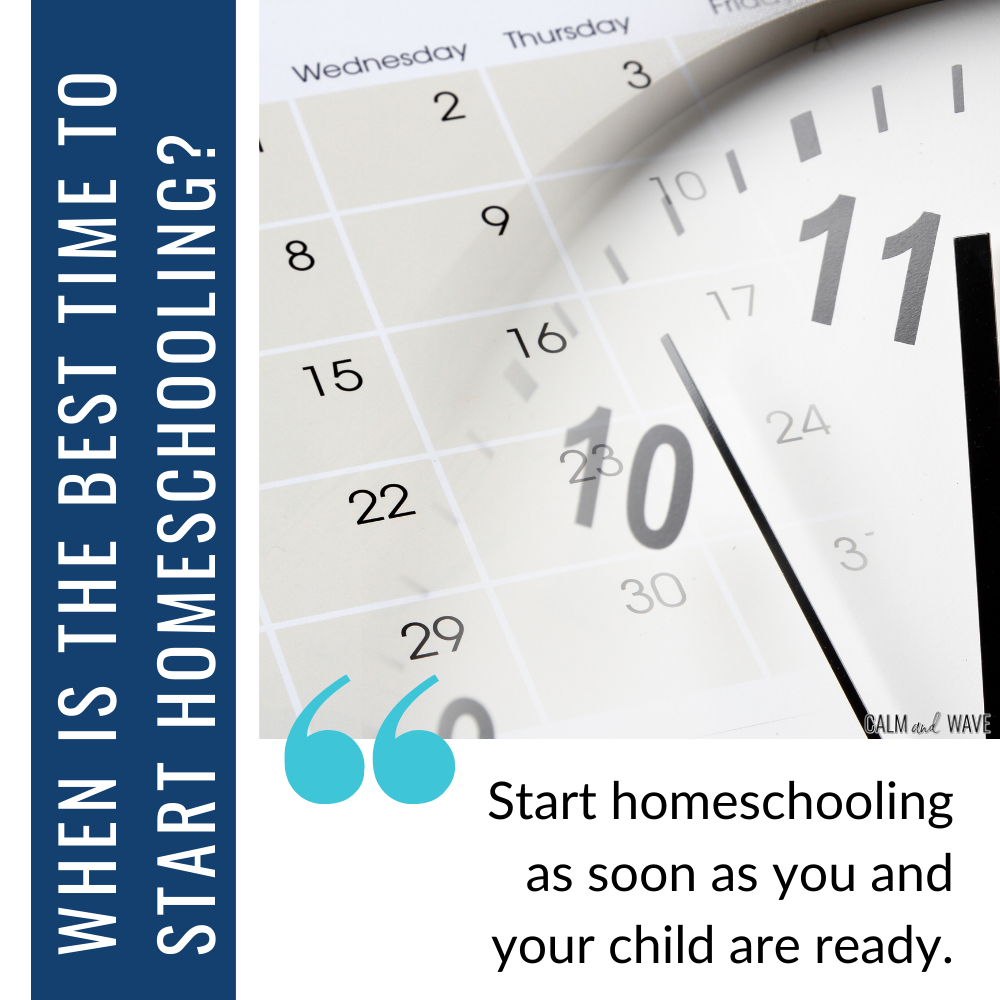
This is a question that I get asked a lot. And the answer, unfortunately, is that there is no one right answer. Every family is different, and what works for one may not work for another. There are many factors to consider when making this decision, such as your child's age, learning style, and what is required in your state. It is important to do your research before making a decision. If I had it to do over again, I would have started informal learning sooner. With my oldest, I had no intention of homeschooling. I assumed she needed time to be a kid and that the school would teach her what she needed to learn. Looking back, yes, she did need the time to be a kid, but I wish I had spent even more time practicing basic skills, the alphabet, and such. Not to say that she doesn't excel now, but I feel it would have been a little easier for her (and me) had we started sooner. Follow your child's lead, when they start showing an interest in learning help cultivate that interest. Also, reading to your child every day (or often) is the best thing you can do. Start from birth and watch them flourish.
Number 2: Unschool!
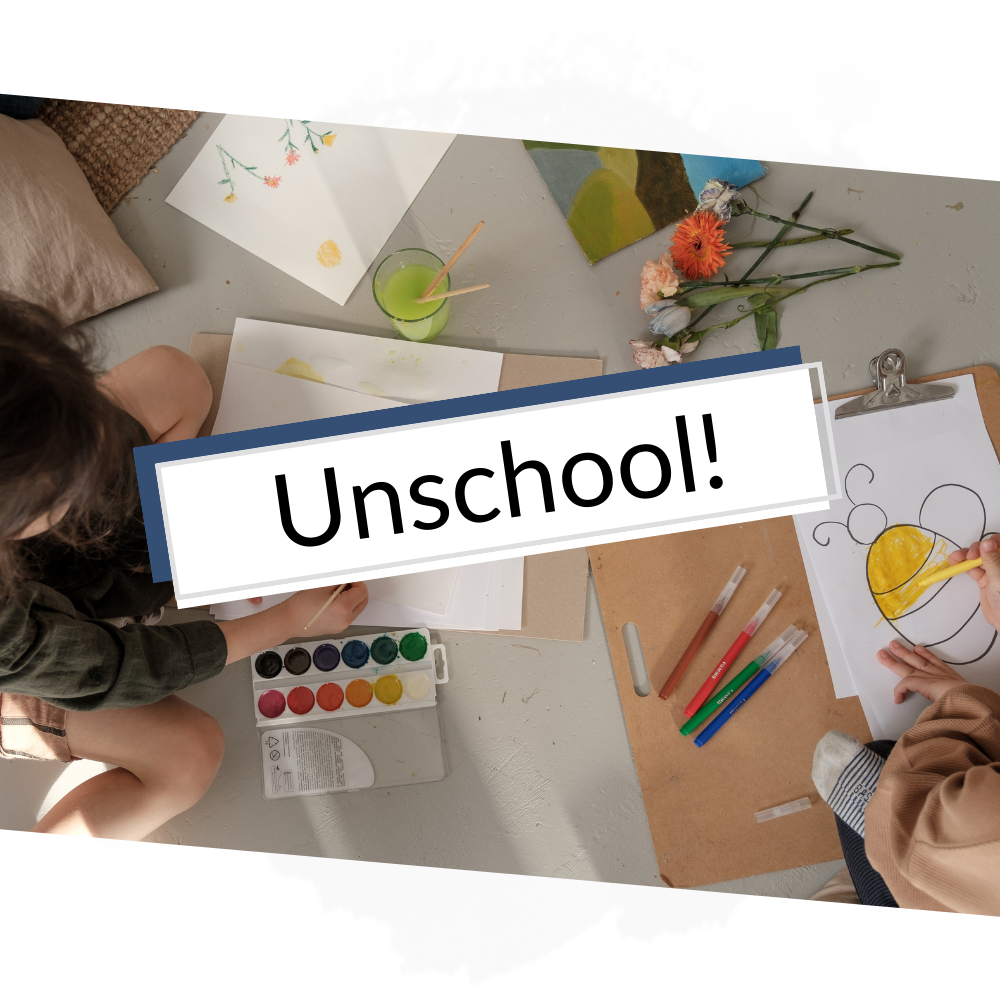
Number two of the things I wish I knew before homeschooling is if your child has attended regular school, spend some time unschooling before starting a regular homeschool routine. What I mean by this is don't start on a Monday morning with lesson plans and a full day. Let them be for a bit, and allow them the time to decompress from the rigidness of school. Unschooling looks different for every family, but for us, it would look like taking the first month off from any structure or lessons. We would spend time reading, playing games, and just spending time with each other. Again, what I learned and my advice is to take a break if your child has been in a public school setting. We immediately started with homeschooling after withdrawing our oldest, and it was such a drastic change, from not only the curriculum but being around each other all day every day and the change in routine. We both would have benefited from a more relaxed unschooling approach, at least to begin with, and then easing into our homeschooling style.
Number 3: It is homeschool, not school at home.
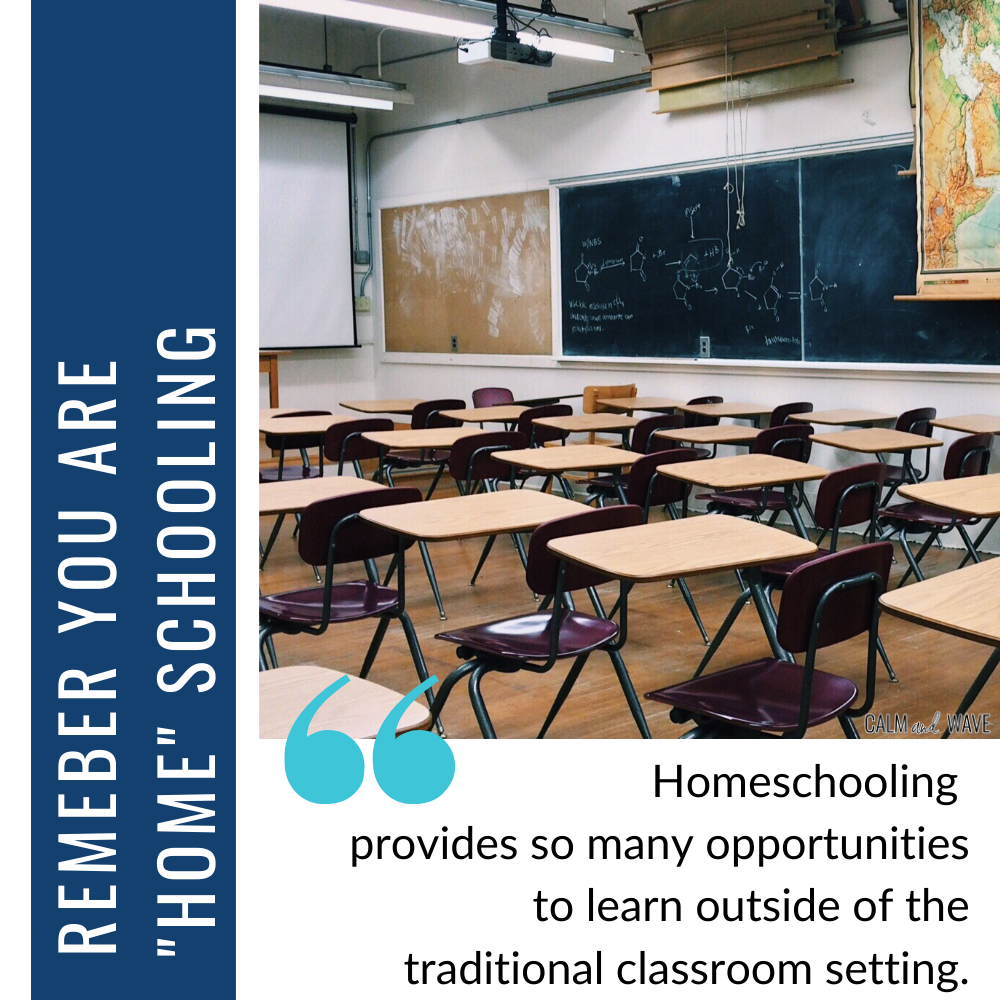
One of the things I wish I had known before starting homeschooling was that it is not school at home. You do not have to recreate what goes on in a public school setting in your home. In fact, you can do just the opposite! Our first year was a bit of a disaster. I hope you learn from my mistake! Learning does not have to take place glued to a chair doing busy work for hours on end. My kids are all hands-on learners. They need to be able to be in the middle of a project, they love to move around while learning, and it benefits them greatly. Homeschooling provides so many opportunities to learn outside of the traditional classroom setting, and there are endless possibilities for how you want to structure your child's homeschooling education.
Number 4: Do Not Worry So Much About Grade Level
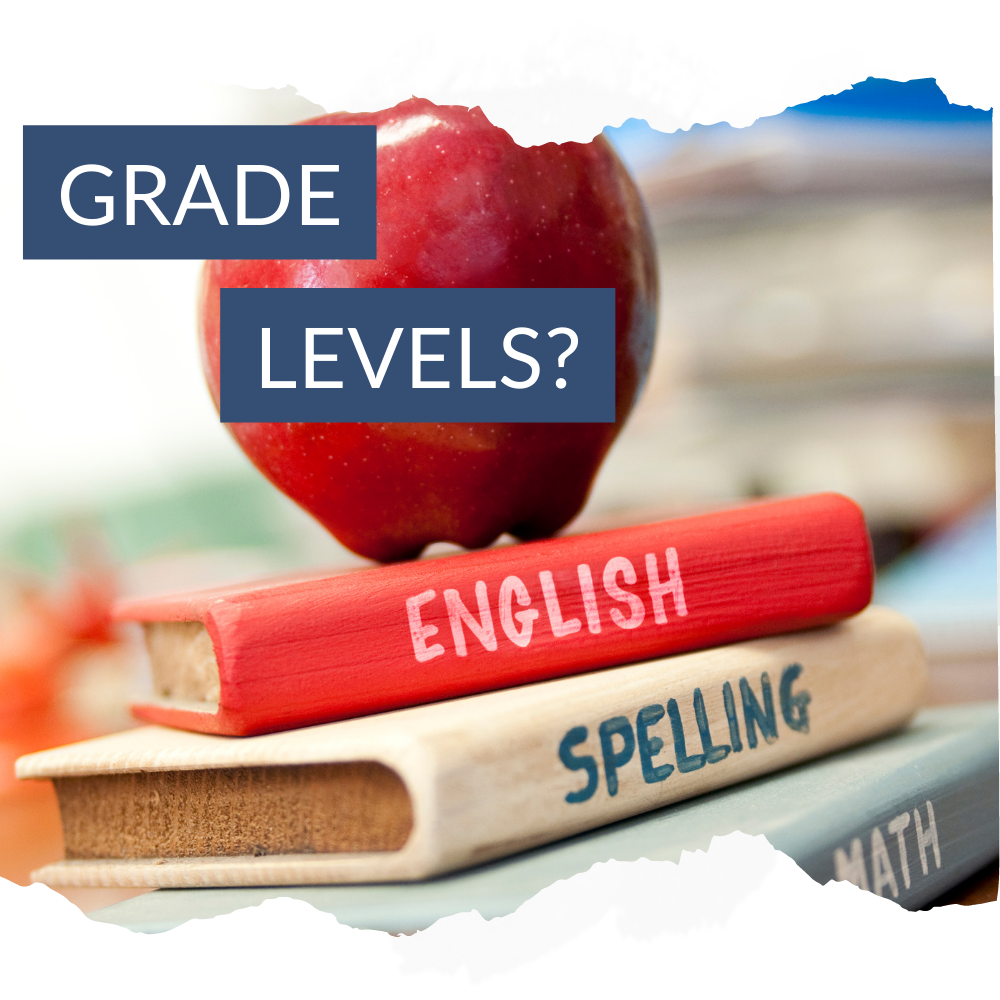
Another thing I wish I had known before starting homeschooling is that I did not need to worry so much about what grade level my children were supposed to be in. In public school, children are divided up by age and put into classes based on what grade they are in. In homeschooling, however, children can learn at their own pace, and you can tailor their education to what they are interested in and what they need to work on.
So, if your child is struggling with a particular subject or concept, you can take the time to help them understand it better. Or, if your child is excelling in a specific subject, you can let them move ahead. If your child already knows the material, there is no reason to do busy work. You do not have to put them in a specific box. If they are old enough that they should be in second grade, but maybe they need to review first-grade math, that is ok! Maybe in “third grade,” they will plow through the material for one subject and be ready for “fourth grade” sooner. You get to tailor each subject to the level your child needs.
Number 5: So Many Things Can Be Uses as Lessons
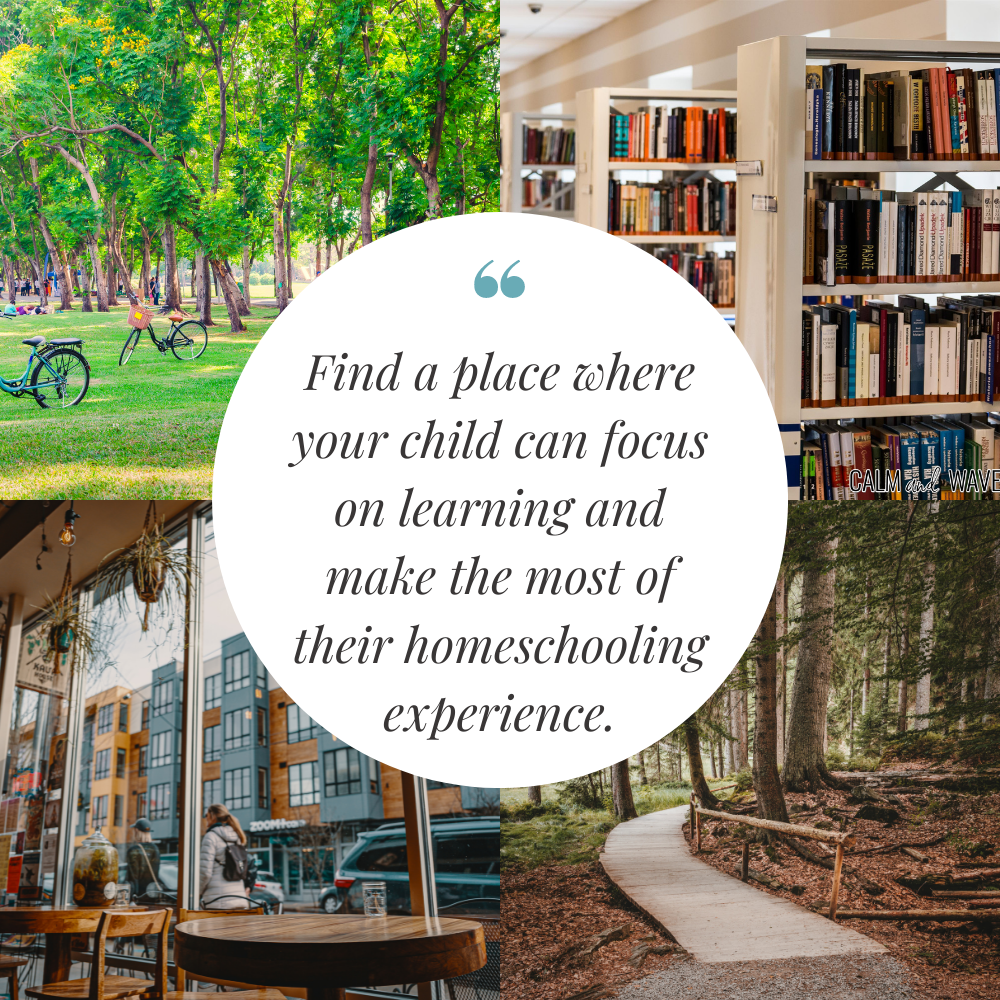
One of the things I love about homeschooling is that everything can be a learning opportunity. You can take everyday items and turn them into math lessons or science experiments. For example, you can use cooking to teach fractions or notice things on a nature walk, leading to a better understanding of the world around them. There are endless possibilities for what you can use as learning opportunities.
Number 6: You are not alone.
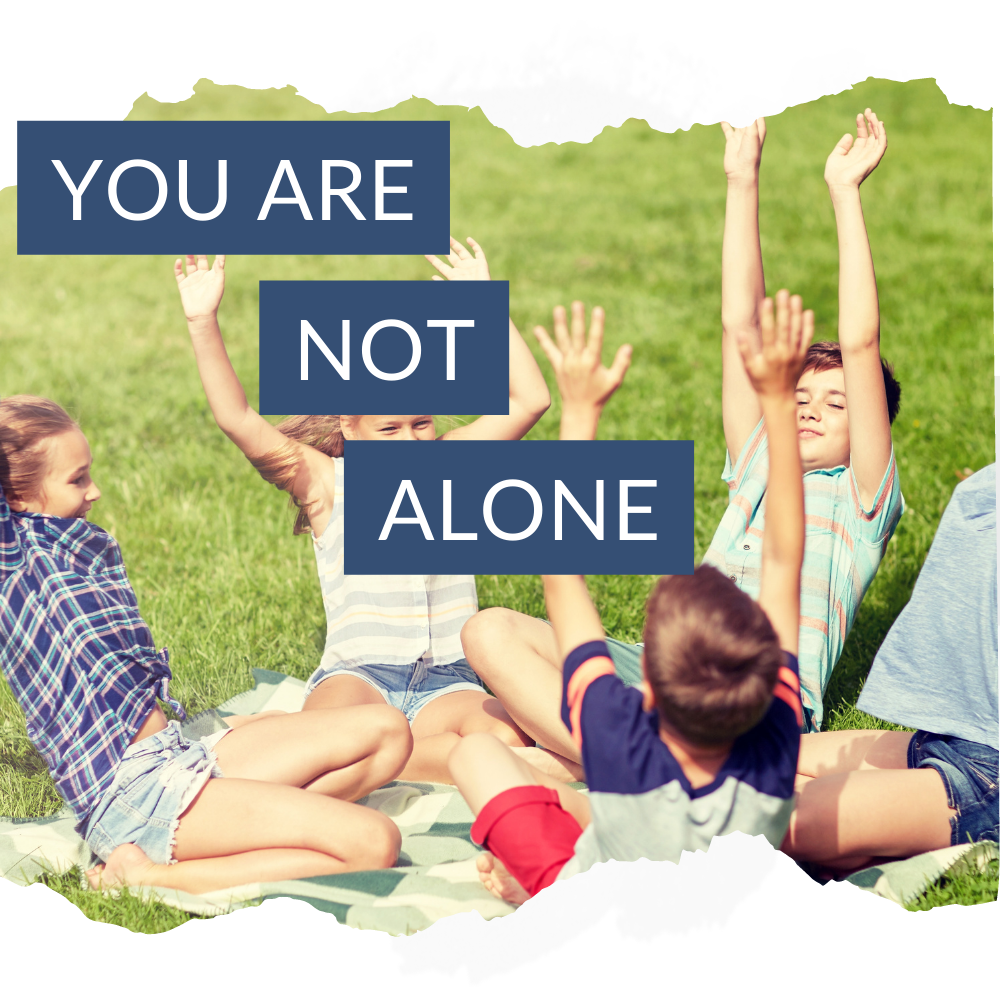
One of the best things about homeschooling is that you are not alone in this journey. Many excellent resources are available to homeschooling families, including online support groups, local homeschooling groups, and more. You can find the support you need to succeed in this adventure.
Number 7: Homeschooling takes a lot of patience
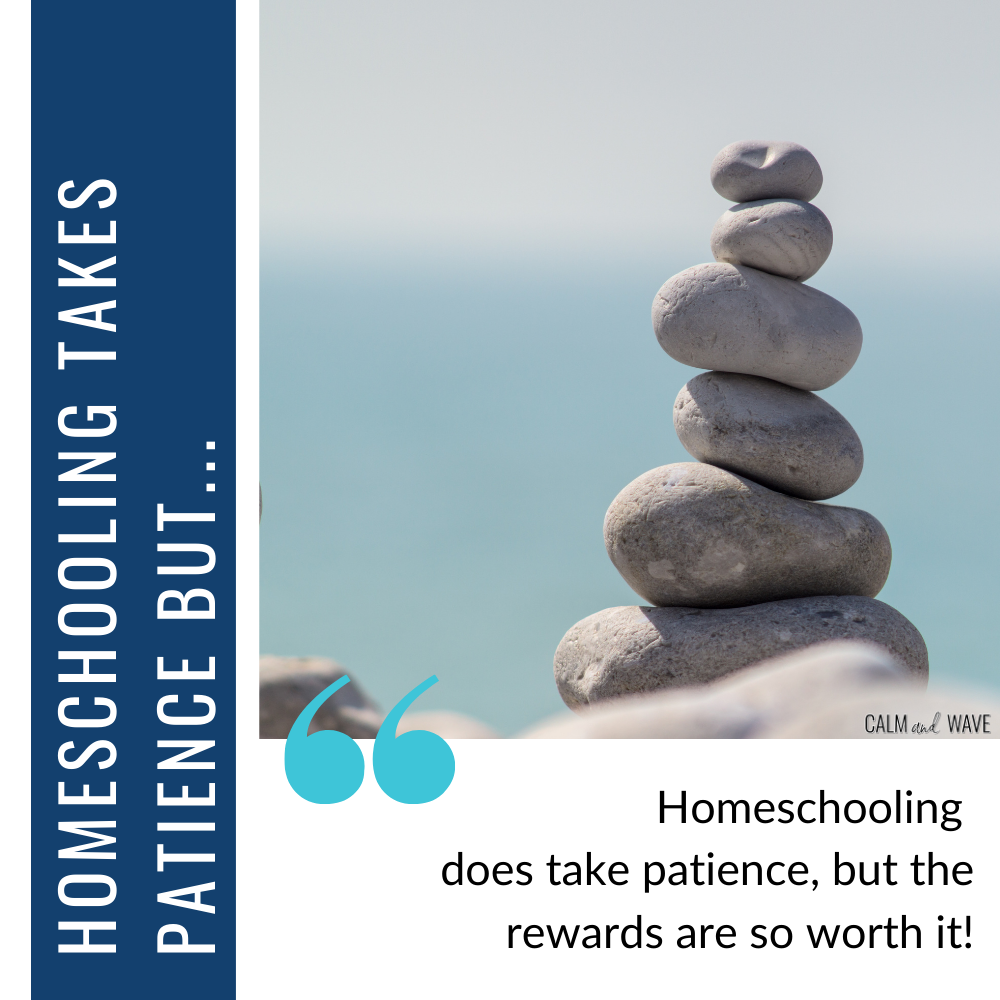
Homeschooling takes a lot of patience, both from the parent and the child. There will be days when it feels like everything is going wrong, and you just want to give up. But if you can stick it out, the rewards are so worth it!
I hope that these seven things about what I wish I knew before homeschooling have given you a better understanding of what homeschooling is and what it entails. I hope sharing my experience will help you avoid some of the mistakes that I made. If you are considering homeschooling your child, I encourage you to check out this free planning guide to start your homeschooling journey.
